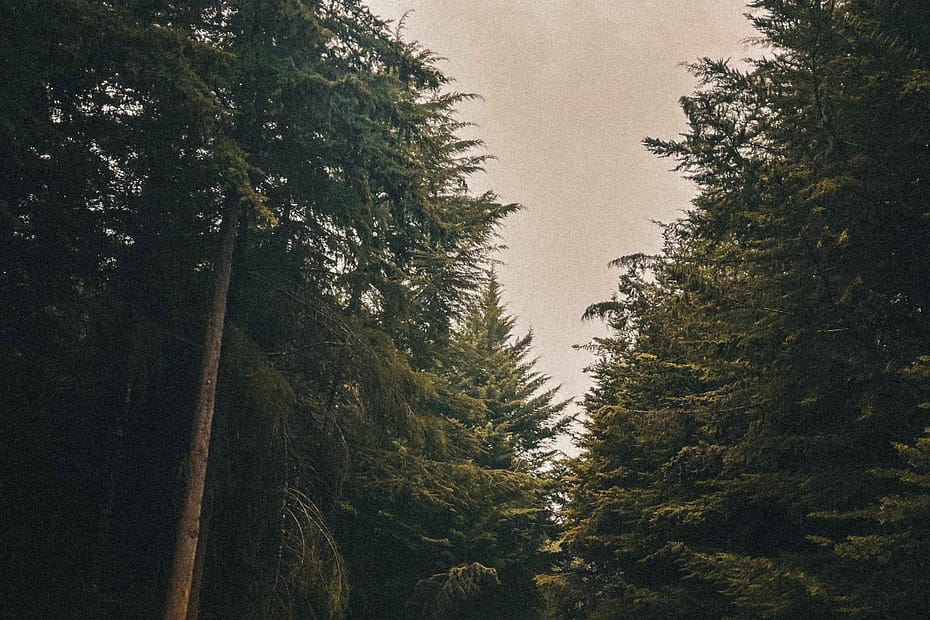
Overview
Mt. Kipipiri, the majestic standalone in the Aberdares, offers the perfect setting for hikers in a training program. Its crisp, invigorating air and gentle slopes make it an excellent choice for beginners ready to take their skills to the next level. Ideal as a progression from trails like Longonot, Kipipiri provides a manageable challenge that will test your endurance and resilience without overwhelming you. This hike is not just about elevation—it’s about elevating yourself, embracing growth, and stepping closer to mastering the art of hiking. Lace up, and let Mt. Kipipiri guide you to your next milestone!
Itinerary
- 0430 hrs. Meet-up & Location: Outside Bata Shop, Hilton arcade
- 0445 hrs. Departure
- Route: Nairobi -Njabini- Ndunyu Njeru
- Self Drive friendly: Kipipri
- 0745hrs: Hike Briefing & Stretches
- Difficulty: Intermediate
- Duration: 8 hours
- Distance: 18 kms
- Trail Type: point to point
- 1400hrs: Summit
Attractions
- Tranquil Environment Away from the city
- Scenic landscapes
- Adventure for all
- Panoramic views-Lake olbolosat & Naivasha
- Mountain Vegetation
Offering
- Achievement Badge
- Return Transport
- Access fee
- Trail-savvy facilitators
- Experience & Net walking
- Rangers fees
- Meals
- Gratuities
Additional Information
Hike Preparation & Tips
Clothing
Wear moisture-wicking base layers, an insulating mid-layer like fleece, and a waterproof outer shell to adapt to temperature changes. Choose sturdy, waterproof hiking boots with good ankle support for uneven terrain. Pack accessories like gloves, a scarf or buff for wind protection, and a wide-brim hat for sun coverage.
Food & Hydration
Stay hydrated by drinking at least 2 liters of water during the hike and hydrating well in advance; consider adding electrolytes. Pack lightweight, high-energy snacks like trail mix, granola bars, and dried fruits. Avoid heavy meals and focus on carb-rich foods for sustained energy without feeling weighed down.
Fitness & Acclimatization
Build endurance through regular cardio activities such as jogging, cycling, or stair climbing. Practice hiking on uneven or hilly trails to prepare for the terrain. Maintain a steady pace, take breaks as needed, and monitor for altitude sickness symptoms like headache or dizziness.
Essential gear
Carry a comfortable backpack for essentials like water, snacks, sunscreen, a first aid kit, and extra layers. Use trekking poles to ease strain on knees and improve balance on steep trails. Bring sunglasses, sunscreen, and SPF lip balm to protect against UV rays.


